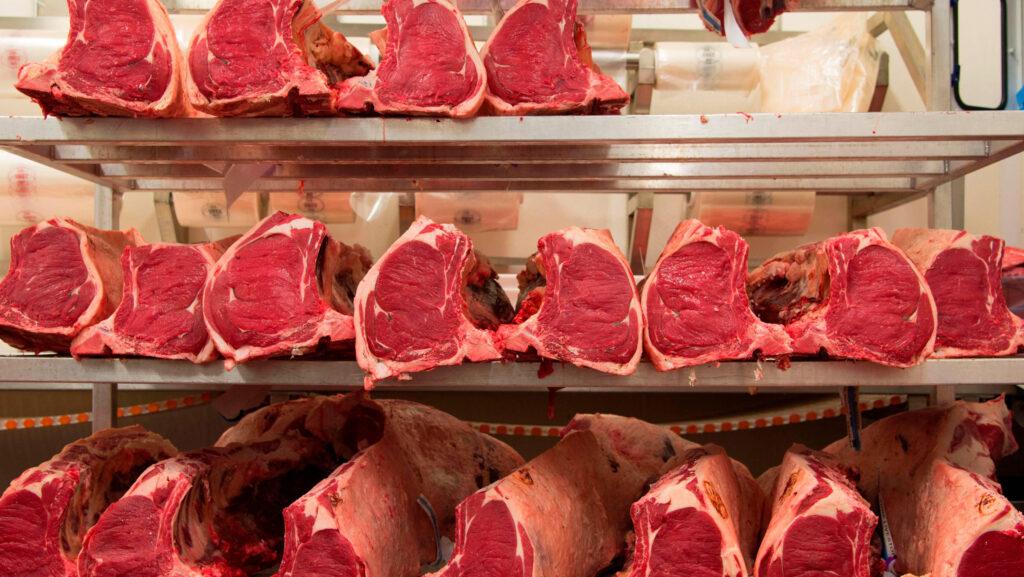Editor’s View: Hot air aplenty from climate change committee
 © ImageBROKER.com/Alamy Stock Photo
© ImageBROKER.com/Alamy Stock Photo The War of the Executive Non-Departmental Public Bodies 2025 may not trouble historians in years to come, but those of us who lived through it will remember it as a bloody affair.
The main aggressor, the Climate Change Committee (CCC), has split its forces – opening up three fronts in England, Scotland and Wales where it is waging fierce campaigns to suppress meat production.
See also: Thousands of farmers to benefit from £30m HLS uplift
Its main weapon, the report, has landed with thuds on ministerial desks across these three regions in the past months, calling for breeding cattle numbers to fall from 3m to 2m head and breeding sheep numbers to fall from 15m to 11m ewes.
Springing into action to defend her Scottish farmers is beef farmer and chief executive of rival non-departmental public body Quality Meat Scotland, Kate Rowell.
Appearing on this week’s letters page, as well as on last Friday’s Farmers Weekly podcast, she notes that the UK is already forecast to increase net imports of beef by 124,000t by 2030.
In a nation that has the capacity and the climate to produce some of the world’s best and most environmentally friendly beef and lamb, that is a sobering statistic.
Of course, Ms Rowell is not alone in her condemnation of the CCC’s recommendations, with a slew of other farming organisations across the nations leaping to the defence of the red meat industry.
Yet all this battling from both sides will become even more climate-changing hot air if the consumer decides that it wants to consign beef or lamb to the dustbin of history.
That would suit the CCC very well, with it calling for a 30-40% reduction in red meat by 2040.
This is against a backdrop of UK consumers having already reduced their combined household consumption of beef, pigmeat and sheepmeat by almost 62% between 1980 and 2022, with a big chunk – but not all of that – scooped up by soaring chicken consumption.
It is not new or striking to note that all UK governments are in a fine muddle over this, as evidenced by their own arm’s length bodies arguing with each other in public and the idiosyncrasies of each nation’s environmental support schemes.
This week we learn that Defra farmers in England will get more money for Higher Level Stewardship scheme options, but not as much as the same options offered in the Sustainable Farming Incentive, while contemplating big cuts to the future nature-friendly farming budget at the spending review.
Work that one out.
Yet every time I feel a flicker of anger at the fact agriculture has had another needless kicking – even as it is year-on-year making remarkable strides to reduce its environmental impact – I still feel a lot of optimism.
The ongoing QMS- and AHDB-backed environmental baseline study will give industry the most accurate picture yet of its real impact and hopefully show that we are better off than our critics say we are.
And a little bit of scarcity in recent years has certainly helped the supply chain take us more seriously than in the bygone days of production subsidies.
The war for the future of red meat certainly isn’t over, but there’s still a lot of life in our industry.

